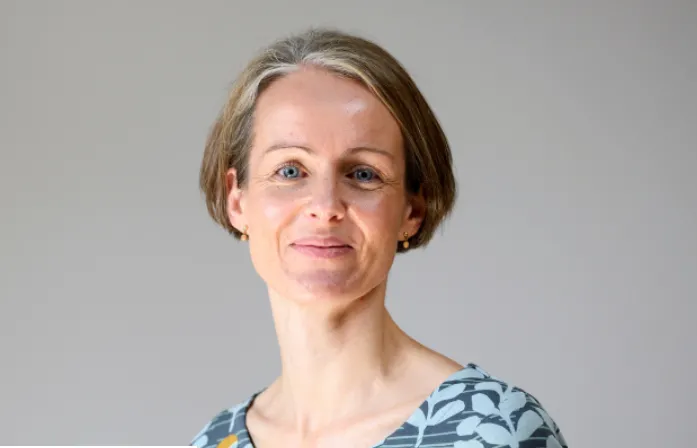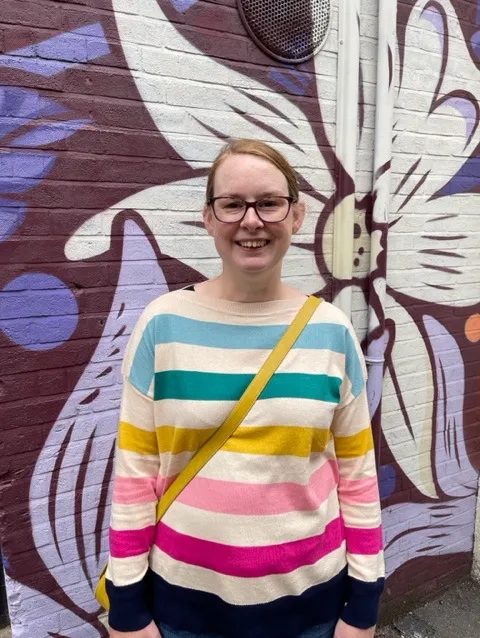
Professor Natalie Armstrong is committed to using social science learning within healthcare improvement through her role as Implementation Theme Lead at the National Institute for Health and Care Research (NIHR) Applied Research Collaboration (ARC) East Midlands.
A medical sociologist by background, her research work uses sociological ideas and methods to understand health and illness, as well as to tackle problems in the delivery of high-quality healthcare.
After taking up her first academic post in Leicester in 2008, Professor Armstrong has remained here ever since and is now the Deputy Head of the College of Life Sciences at the University.
At the beginning of 2023, Professor Armstrong embarked on her latest career venture by joining the Kettering General Hospital NHS Foundation Trust as a Non-Executive Director.
Professor Armstrong is also a Member of the UK National Screening Committee, and from April 2023 she will be leading the ‘Enhancing Cultures of Safety’ Theme for the NIHR Greater Manchester Patient Safety Research Collaboration.
She said: “My research work covers several healthcare topics, although I do have a long-standing special interest in preventative healthcare and women’s and children’s health.
“While I originally trained in sociology departments, my career has been spent using that knowledge in applied health research.”
She added: “I hope the research I conduct will make a difference to healthcare systems across the region.”

Fellow NIHR ARC East Midlands academic Professor Laura Gray has also shared her story to mark the International Day of Women and Girls in Science.
Professor Gray was the brains behind the development of the Diabetes UK risk score for identifying those with undiagnosed type 2 diabetes or at risk of developing the condition in the future.
With more than 2,600,000 people having completed the score online and many more in Tesco and Boots stores, it means that she has helped to make a real difference to people’s lives – with a significant proportion of these being diagnosed earlier on the back of it. This has led to them getting the right treatment for the condition to help steer them away from the devastating complications associated with type 2 diabetes.
This is just one of Professor Gray’s successes and still only in her early forties, she has quickly risen to become a Professor of Medical Statistics. She has a keen interest in type 2 diabetes prevention and management, becoming the senior statistician on many studies in these areas.
Professor Gray said: “The areas of medical statistics I am particularly interested in are the design and analysis of clinical trials, development and validation of risk scores and evidence synthesis.
“I use my statistical expertise to ensure that research questions get answered in a robust way which can lead to changes in clinical practice.”
She added: “I hope that the research I am involved in can lead to better outcomes for those with type 2 diabetes and help prevent others from developing diabetes in the future.”
The International Day of Women and Girls in Science is an annual campaign to promote the full and equal access and participation of females in science, technology, engineering and mathematics fields.
